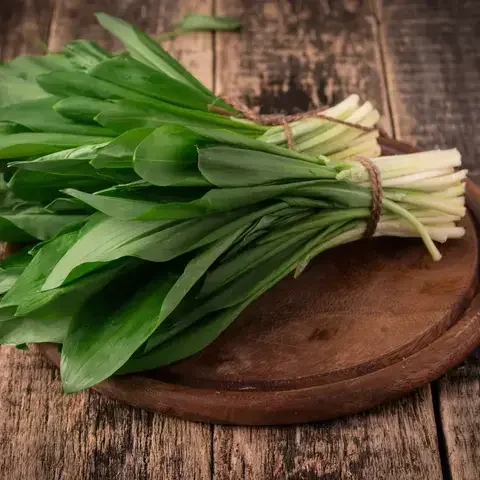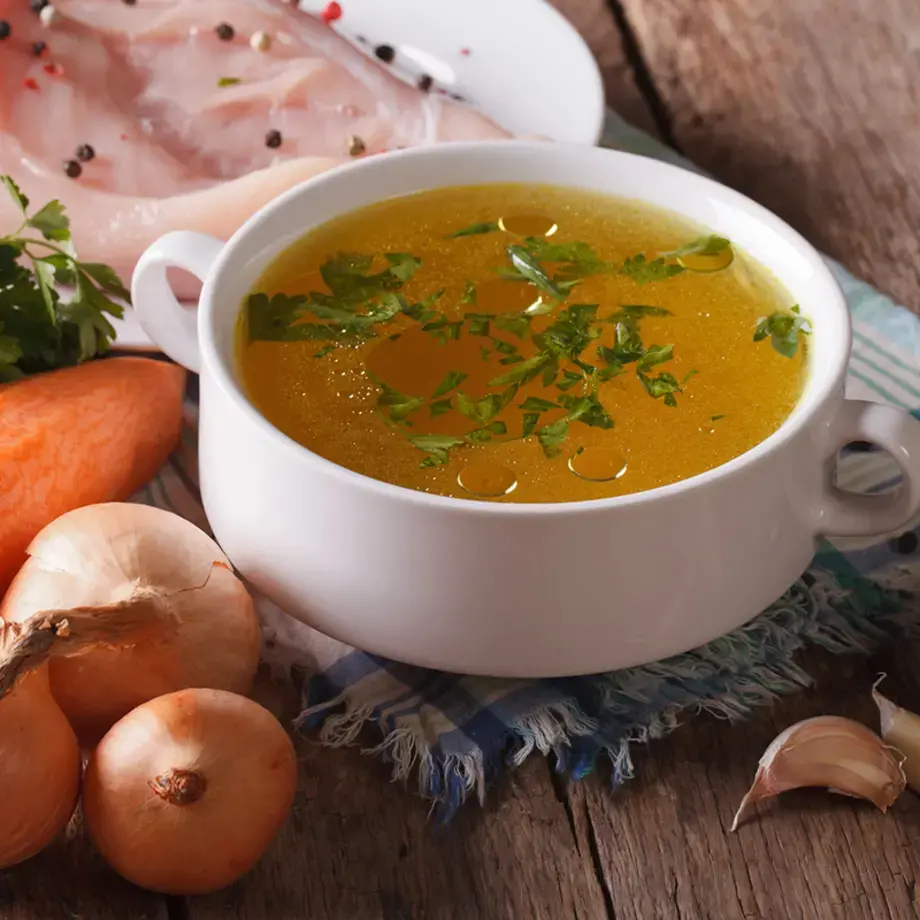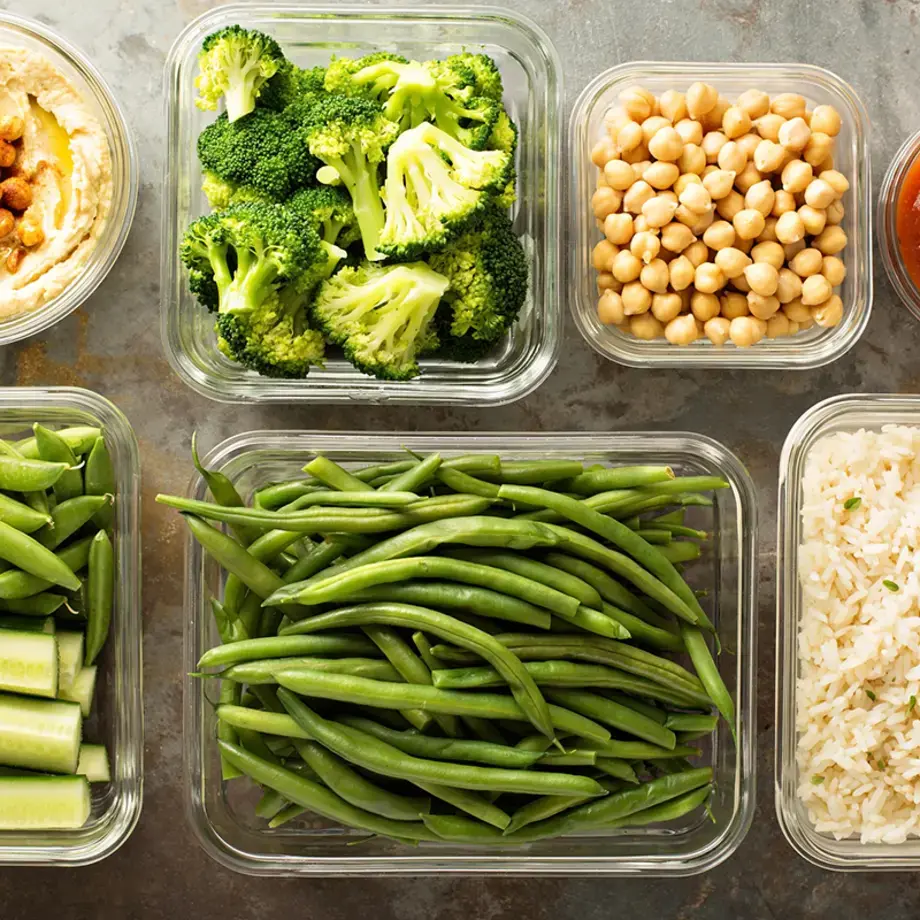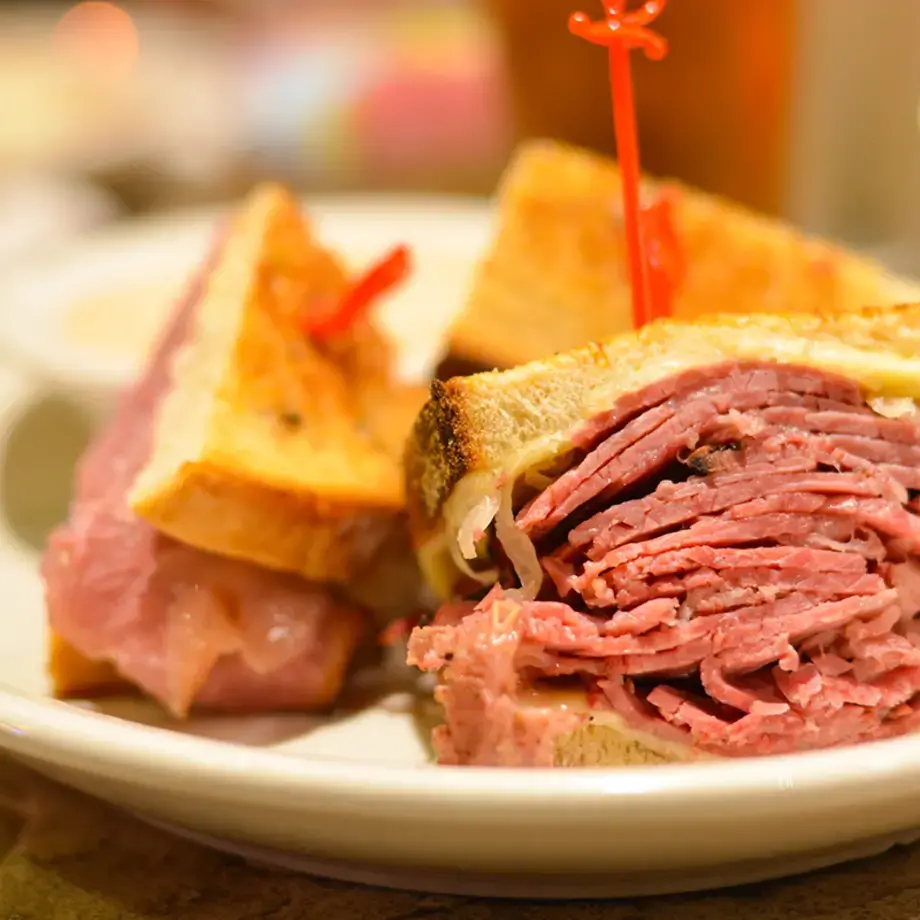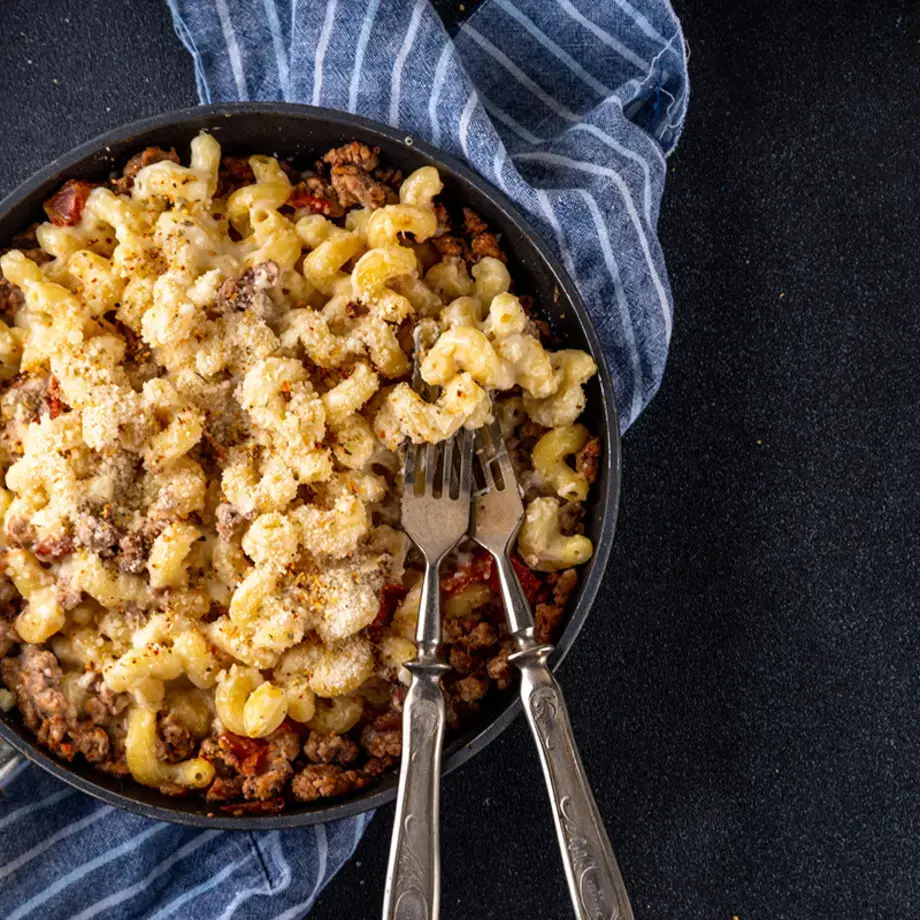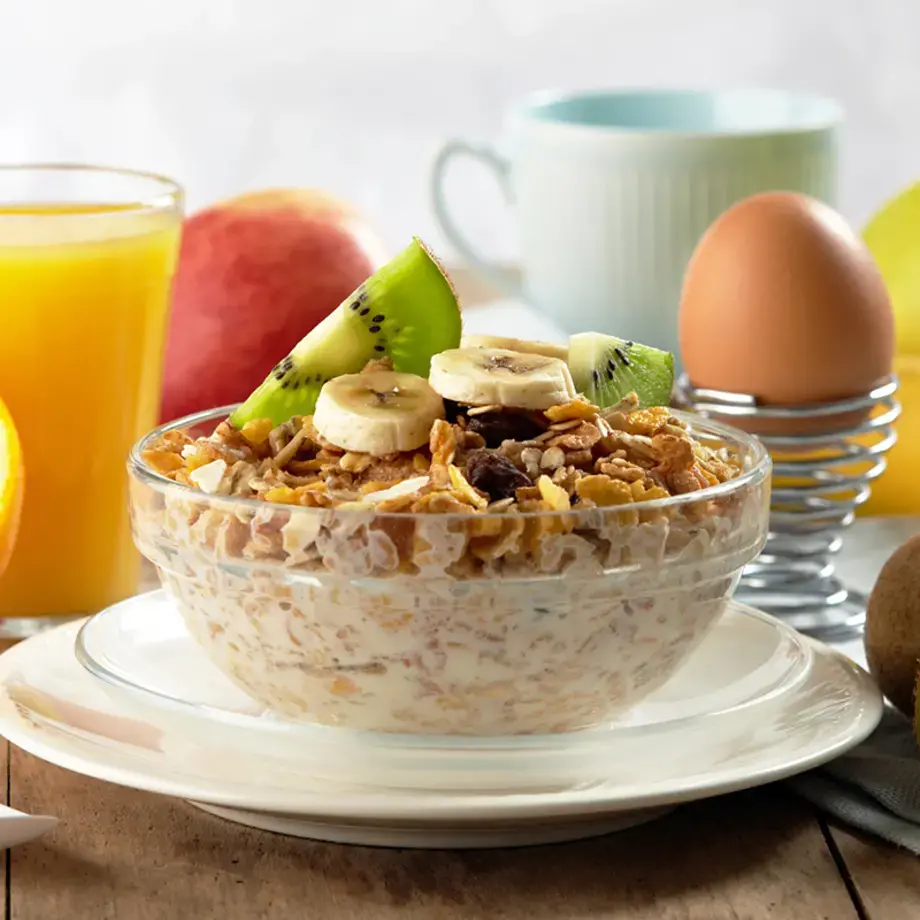Kaya coconut jam, nonya kaya coconut jam, pandan kaya or pandan coconut jam are all names for the same soft, thick, green, sweet, velvety spread, popular in Southeast Asia.
Eat breakfast in Brunei, Indonesia, Malaysia, the Philippines, Singapore or Thailand, and you might be fortunate enough to find this sweet spread slathered onto toast or even served as a mid-afternoon treat in local sweets like pandan kaya cake, pandan egg tarts or as a filling in steamed buns.
What is Kaya Coconut Jam?
'Kaya', meaning 'rich' in Malay, is a thick coconut jam or custard, flavoured with pandan juice (a common flavouring in Southeast Asian cooking), and made with eggs, sugar and coconut milk.
The pandan juice is obtained from the leafy herbaceous tropical plant pandanus amaryllifolius, commonly used to flavour sweets and desserts in Southeast Asia.
You may also notice colour variations in kaya, depending on where you are. Green kaya, known as Nonya kaya, gets its light green hue from pandan leaves, whereas brown kaya or Hainanese kaya, is darker brown and made using caramelised sugar.
What does kaya coconut jam taste like?
Try kaya coconut jam and you'll find it sweet, floral, rich and aromatic, with a coconut flavour.
How to make kaya coconut jam?
Homemade kaya coconut jam is very easy to make at home from scratch, using only four ingredients, and keeps in the fridge for up to two weeks.
Where can I buy pandan leaves?
Pandan leaves can be bought from Asian supermarkets or grocery stores, either fresh or frozen.
Kaya coconut jam ingredients:
- Pandan leaves
- Coconut milk
- Eggs
- Granulated cane sugar
How to make Kaya coconut jam:
Watch how to make kaya coconut jam in the easy-to-follow video recipe below, which involves infusing the pandan leaves in the coconut milk first, before whisking the ingredients into a custard, being careful to keep stirring:





